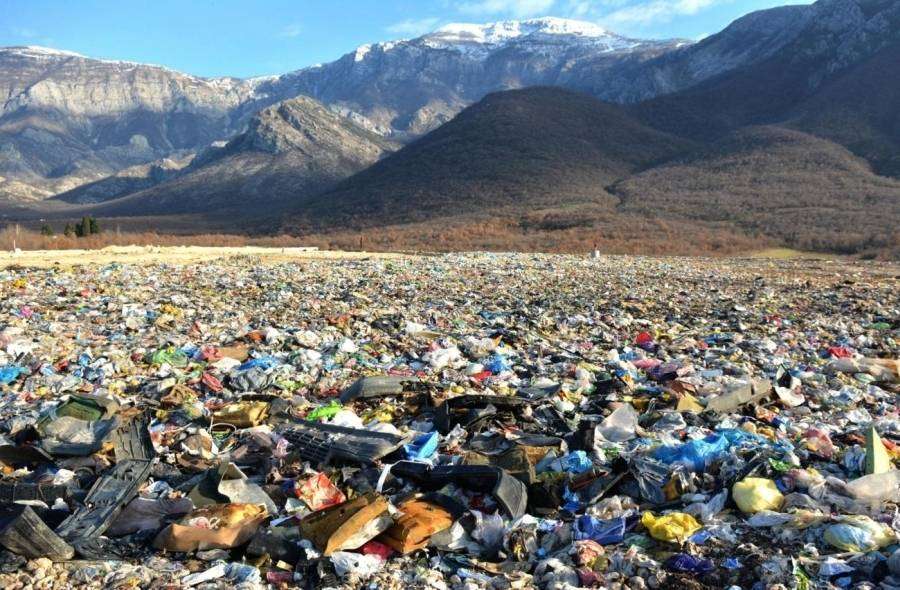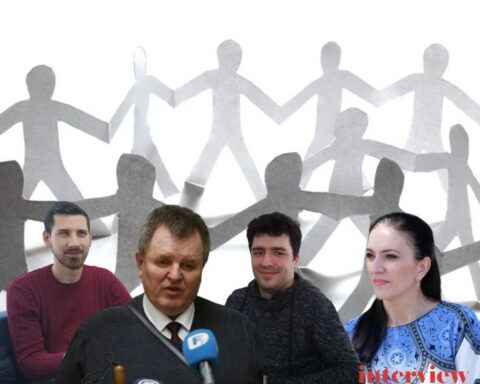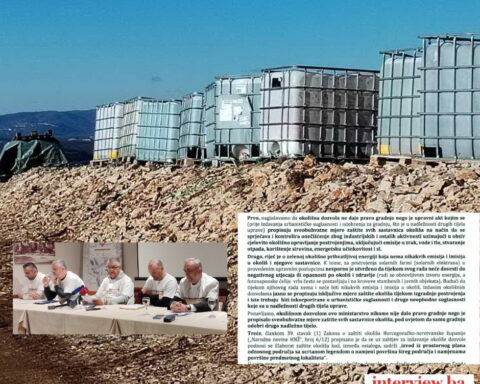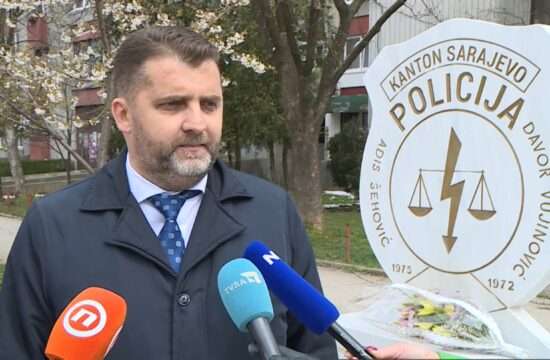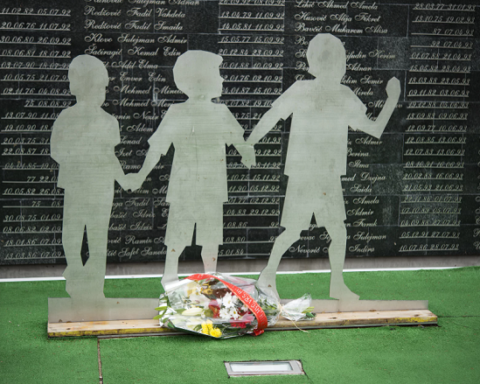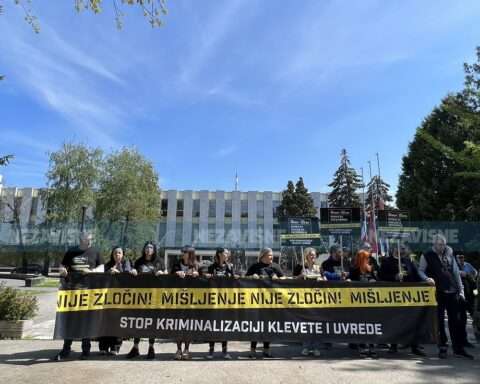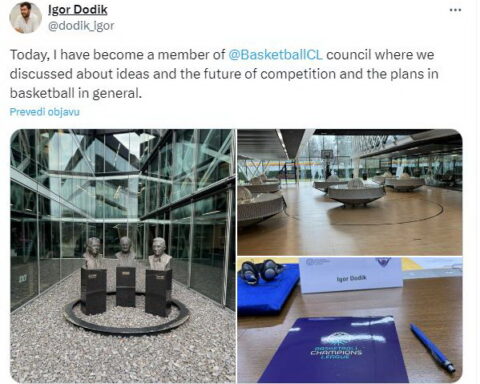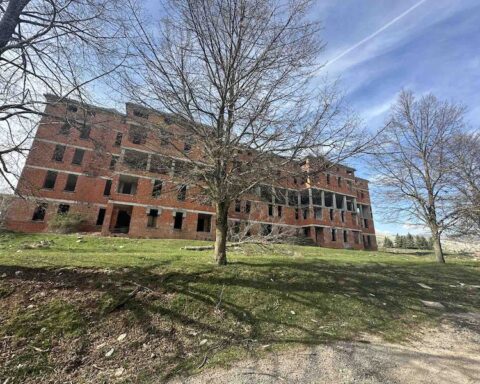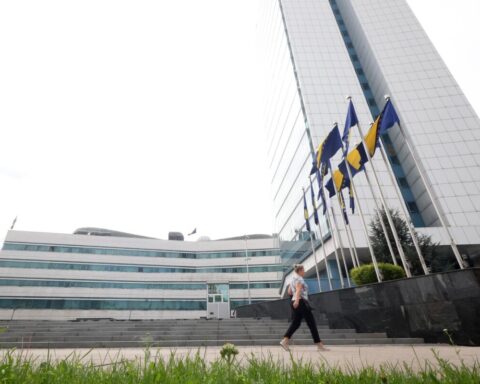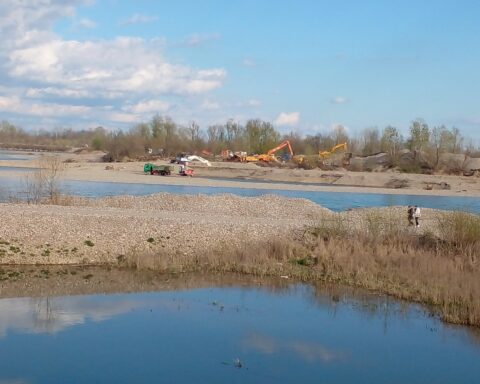In Bosnia and Herzegovina, the clock is ticking on an environmental disaster of potentially catastrophic scale. Poorly managed toxic waste, under invested landfills, and burgeoning illegal dump sites pose a severe threat to the health and well-being of communities and the environment
Authors: Tim JENKINS and Veronika JELINKOVA
When people think of waste management challenges in BiH, they often picture River Drina clogged with plastic waste. While disturbing in many ways, this is only part of the problem.
A recent article published by the Sarajevo Times highlights the grave concerns from a local civil society organization, revealed a startling volume of toxic waste left behind after private companies closed their doors in Tuzla. The lingering toxins, which include ethylene, propylene, chlorine, and mercury, have accumulated into hundreds of tons of hazardous waste.
Regrettably, Tuzla is not an isolated case.
“Dump of death”
Across BiH, overflowing landfills are woefully unprepared for the accelerating influx of waste. This situation has led to the unfortunate emergence of illegal waste sites, tarnishing previously untouched rivers and valleys. Whilst governments across BiH have gone after illegal dump sights, many still exist.
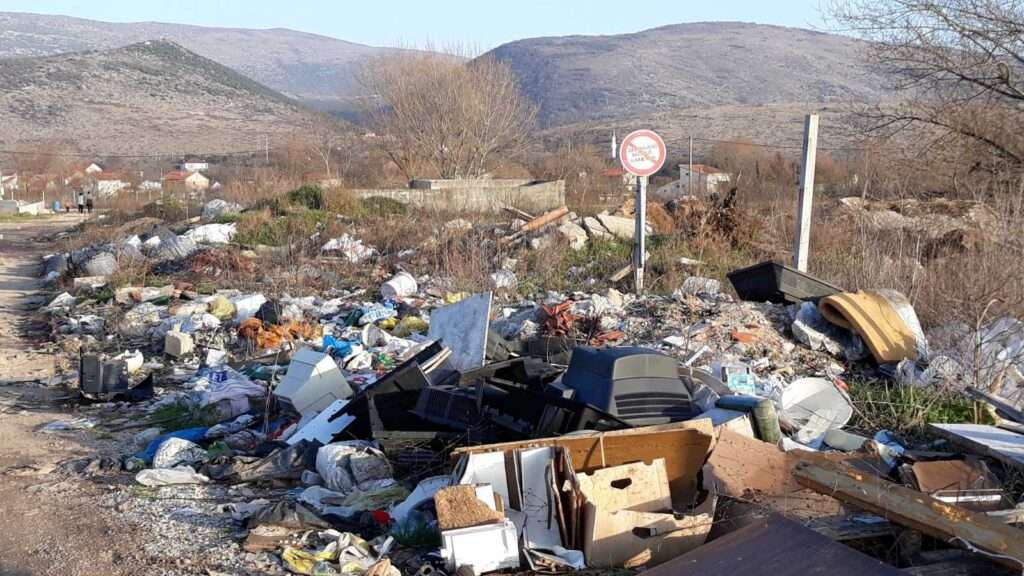
Near the beautiful city of Mostar there is a landfill, dubbed the ‘dump of death,’ where locals are increasingly concerned that toxic runoff – like copper, lead, zinc, and arsenic – could be contaminating underground aquifers and other freshwater sources. Despite the landfill being in operation since 1962, it has lacked a comprehensive waste management system and regular investment in upkeep and modern technologies, which are crucial for preventing the leakage of hazardous waste.
Alarm bells
If the alarm bells around the environmental or public health concerns are not enough to cause pause, waste pollution carries significant economic impact – resulting in decreased tourism, land devaluation, high clean-up costs, and more. A dip in tourism would have serious socio-economic consequences for the country.
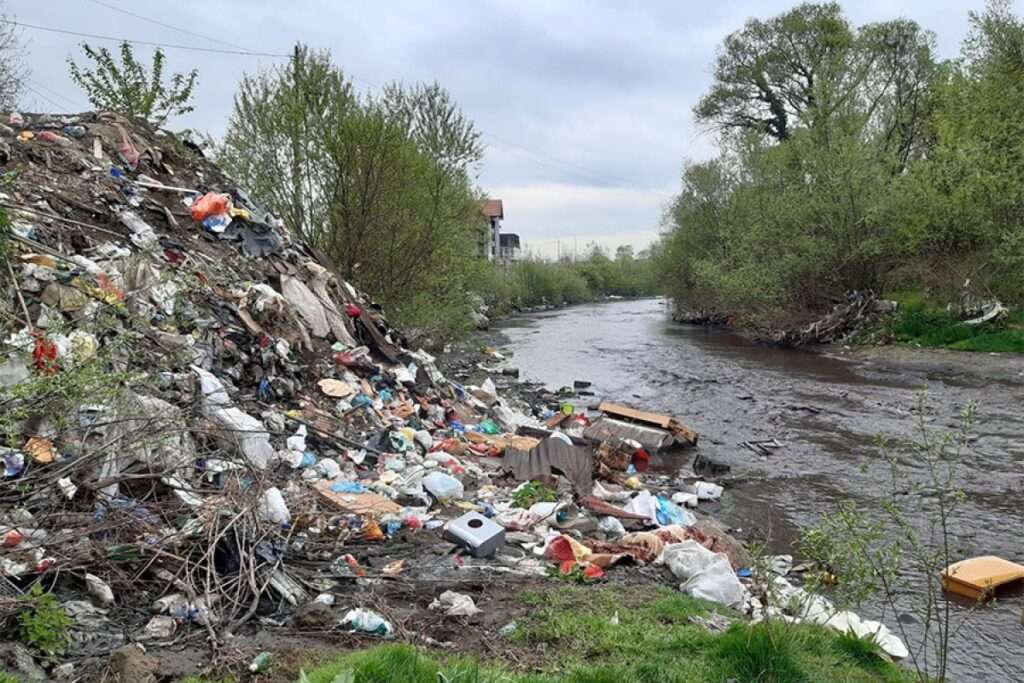
In a nation of such sweeping beauty and with EU accession a national priority, poorly managed waste could do long-lasting harm to the economy, environment, and ambitions to join the EU.
So, what can be done?
- Investment on a local and international scale is critical to upgrade and modernize existing landfill facilities, as well as strengthen the knowhow of local waste management experts. There is less and less apatite from neighbouring countries to accept toxic waste for processing and disposal. It’s also enormously costly.
- Policymakers must impose stringent regulations on the private sector to ensure responsible waste management, and incentivize practices that mitigate waste production by considering the entire life cycle of their products. Whether it’s plastics, hazardous materials, or other types of waste, private companies should have long-term plans to manage it.
- Empowering communities through robust and transparent waste monitoring systems is vital, allowing locals and civil society to flag illegal waste sites and actively participate in preserving their environment.
- In the medium and long-term, we must accelerate our transition towards a circular economy. This can’t be the will of citizens alone. Governments and the private sector must step-up. The EU’s Waste Policy and the EU Green Deal provide us with roadmaps on how we can get there.
While international actors, together with local municipalities, have done their part, the problem is decades in the making. Additional national and international financing is needed to avert an environmental and humanitarian catastrophe.
Together with the BiH governments, EU, citizens, civil society, and the international community, we have time to avert this disaster, but only if we start now.
On this World Environment Day, let’s recommit to not only beating plastic waste, but holistically improving waste management in BiH and the Western Balkans.
Bios:
- Tim Jenkins is the Regional Representative in the Western Balkans for People In Need. Tim has been working on issues around environmental pollution for more nearly a decade. In BiH and Kosovo, Tim oversees his team working on waste management and the circular economy.
- Veronika Jelinkova is the Project Director for People In Need and based in Mostar. She has more than a decade of experience working in development programming, particularly delivering projects and publications dealing with natural resource management and environmental protection.

